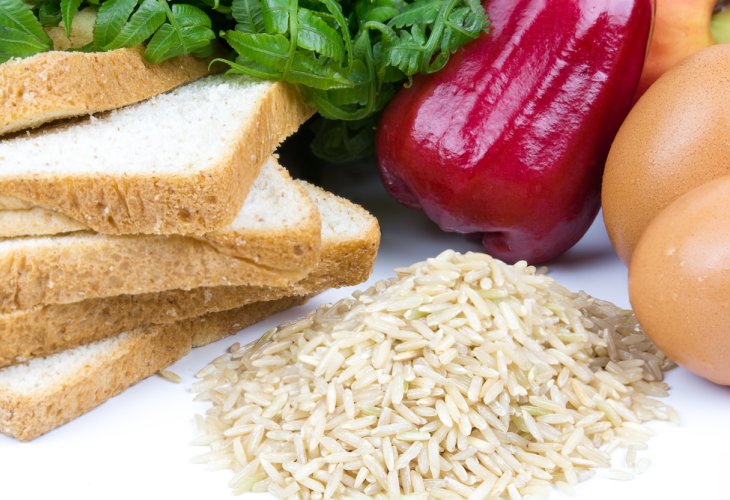Mastering the Essentials: Finding the Right Nutritional Balance
Achieving a healthy diet means finding the right balance among essential nutrients. Plant-based diets, not just those from animal sources, contain all essential nutrients—it's just about knowing how to eat right.
 (Photo: shutterstock)
(Photo: shutterstock)Eating a healthy diet requires finding the right balance of essential nutrients: proteins, carbohydrates, fats, vitamins, minerals, enzymes, and water. Plant-based diets, not only those derived from animal sources, include all essential nutrients and comprise fresh fruits and vegetables, whole grains, legumes, nuts, almonds, seeds, and sprouts.
Carbohydrates (Sugars)- They are the body's immediate energy suppliers. Without them, the body would not be able to sustain life. Excess carbohydrates are stored in fat tissues.
Dietary Fiber (The Intestinal Broom) - Fibers are long chains of sugars that the human body can't break down. Today, they are considered one of the most crucial components of the daily diet and are found only in plant-based foods. The human digestive system is relatively long, about 8-9 m (compared to 3-4 m in carnivores), necessitating abundant fiber consumption to aid digestion and ensure the removal of residues, which helps prevent numerous diseases. Some fibers enhance intestinal function and prevent constipation, while others get absorbed into the blood and help prevent heart attacks, crucial for maintaining blood sugar levels in diabetics. The fiber richness in foods protects vegetarians and vegans from developing various types of cancer, especially in the colon, extending life expectancy. The primary advantage of fiber richness comes from its interference with the absorption of different substances, such as cholesterol, sugars, and toxins.
Proteins
Proteins are composed of 22 amino acids, including 8 essential ones that the body cannot synthesize and must obtain from food. Proteins play a vital role in building and maintaining body tissues, forming muscle cells, bone cells, blood cells, hair, and more.
Plant-based Protein - Grains and legumes provide all the amino acids, including the essential ones. Together, chickpeas and wheat or rice and lentils at a meal form a complete protein.
Animal-based Protein - Poultry, fish, meat, eggs, and dairy products provide a significant amount of proteins. In affluent societies, where these products constitute a major part of the diet, the average person consumes protein amounts twice or even more than needed. Excessive protein intake can harm the kidneys, overload the liver, disrupt digestion, deplete calcium reserves in bones (increasing the risk of osteoporosis), disrupt beneficial intestinal bacteria, and more ailments.
For more on essential nutrients – in future articles, with Hashem's help.
To book home seminars featuring naturopath Ruth Liat Aur-Feltz (at no cost), call 073-2221290

